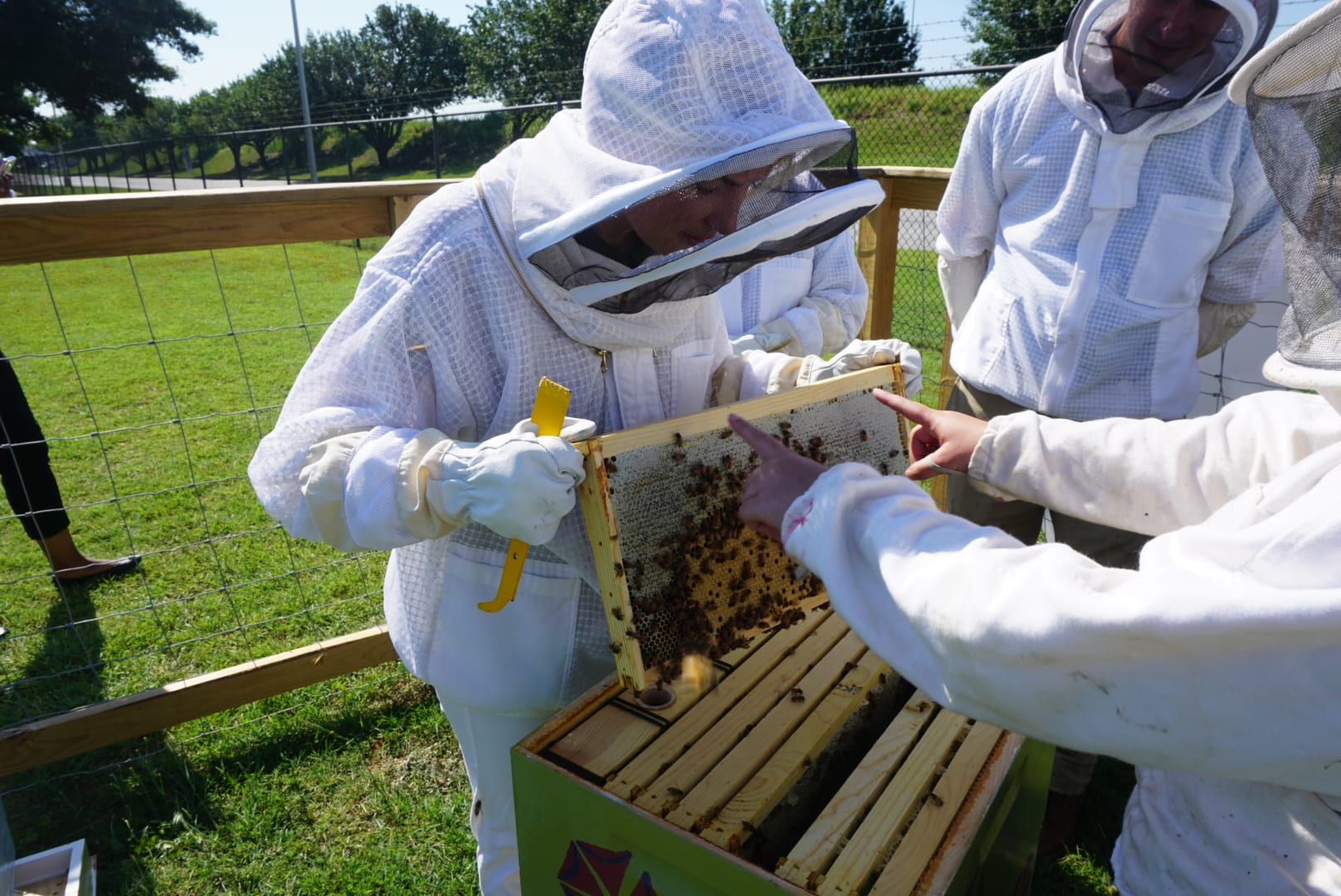This is pretty cool!
Coffee beans and headlights don’t seem like a natural pairing, but McDonald’s and Ford are working to change that.
The two historic American companies have come together in a joint effort to drive sustainability initiatives in quite a unique way. This year, Ford began utilizing coffee chaff—the coffee bean skin that comes off during the roasting process—as a key component of its plastic headlamp housing. Naturally, the iconic car manufacturer turned to McDonald’s to steer them in the direction of the fast-food giant’s coffee bean suppliers.
As data showing the harmful effects of plastic pollution and carbon emissions makes its way into the public consciousness, there has been a trickle-down effect into the business world as well. Environmentally-conscious consumers continue to push for products that are comprised of sustainable materials.
Hence: coffee bean waste into plastic alternatives.
I’M LOVIN IT: Ford and McDonald’s partnering to convert coffee bean skin into car parts.
“Like McDonald’s, Ford is committed to minimizing waste. We’re always looking for innovative ways to further that goal.” – Ian Olson, senior director of global sustainability for McDonald’s pic.twitter.com/xR4DSalNII
— Mark Cavitt (@MarkCavitt) December 4, 2019
Debbie Miewelski, Ford’s senior technical leader of materials sustainability, explained that the coffee-containing version of the company’s headlamps is more sustainable than its traditional plastic and talc-based models due to its lighter weight. Additionally, talc is not a renewable component, whereas coffee chaff is widely available and has typically been discarded.
The coffee chaff innovation is just the latest in a long line of sustainability projects by Ford. Ford vehicles have featured soy-based foam in their cushions since 2011, and waste from wheat, coconut, tomato and other plants has been utilized in other Ford car components.
“If you came to our lab, it looks somewhere between a landfill and a farm,” Miewelski said.
When Ford decided coffee was its next fix, its team reached out to McDonald’s due to its scale and similar sustainability goals.
Ford and McDonald's are teaming up to make car parts out of recycled coffee beans pic.twitter.com/JX6MlDwDW9
— QuickTake by Bloomberg (@QuickTake) December 7, 2019
The gigantic fast-food restaurant chain achieved its goal of sourcing all of its U.S. coffee sustainability a year ahead of schedule in 2019. Their partnership with Ford will hopefully lead to more opportunities for crafting environmentally-friendly, sustainable products.
As Ian Olson, senior director of global sustainability at McDonald’s, said, “This is just scratching the surface of trying to understand what’s possible.”
Cheers to that!
The post Ford Is Making Headlights from McDonald’s Coffee Bean Waste appeared first on UberFacts.

 (@KylePlantEmoji)
(@KylePlantEmoji) 




